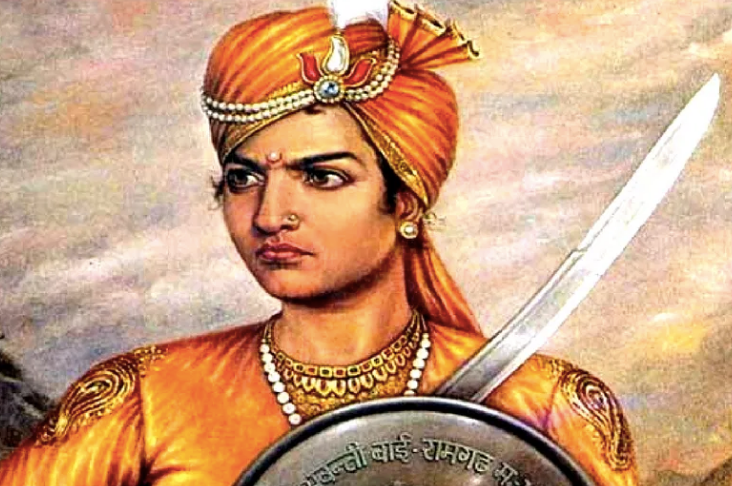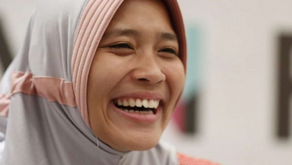The Untold Story of AvantiBai Lodhi in India's Freedom Struggle
- realshepower

- Aug 15, 2020
- 3 min read
Avantibai, the forgotten Queen, fought valiantly against the British during the 1857 War of Independence and sacrificed her life for the freedom of motherland. But her story remains untold.

Avantibai was the queen of King Vikramaditya Singh of Ramgarh, in Central India. When he became incapable of handling the affairs of the State due to ill health, Avantibai rose to the occasion and took charge of the administration. After the death of her husband, King Vikramaditya, the British did not accept her sons Aman Singh and Sher Singh as heirs to the throne as they were minors and declared the princely state as ‘Court of Wards’, thereby appointed their own administrator. The decision was taken under the garb of Doctrine of Lapse, an arbitrary annexation policy introduced by Dalhousie in 1848.
Avantibai did not accept such an unjust, and infuriating decision. She threw the administrator out and declared war against the British. She then sent messengers to the neighboring states. The rulers of these states learned of her resolve when they read her letters. She had also sent some bangles along with the letters.
In the letters, she had written:
“If you think you have a duty towards our enslaved Mother India, raise your swords and jump into the war against the British, otherwise wear these bangles and hide yourself in your houses.“
The call of Avantibai aroused a wave of revolution in the Central Provinces. When the Revolt of 1857 broke out, she raised an army of four thousand and led it herself. She set up her front near the village of Kheri of Mandla area with an intention to invade Mandla but before she could attack, the British commander arrived to confront her. This was the first battle she had to fight against the British army.
She began to annihilate the enemy with her fierce sword-fighting skills. She struck commander Waddington with such force that the head of the horse was severed and fell on the ground. Waddington jumped off his horse and disappeared in the crowd of soldiers. The defeat was not easy for Waddington to accept. He was aghast by losing from a woman warrior. He started making preparation to besiege Rani Avantibai in Ramgarh. When she received information about Waddington’s huge army and his military preparation, she vacated Ramgarh and went to the hills of Devhargarh.
Rani Avantibai resorted to guerrilla warfare, attacked the military camp of Waddington, and dispersed his army. The force of some Northern Indian states and those of Rewa state arrived to help the British. She continued to face the enemy forces with full determination. They surrounded her on the Devhargarh hill. With her was her trustworthy companion Umrao Singh. She said to him “Bhaiya (brother) Umrao, I think the enemy forces wanted to capture me alive. I think it would be better to put an end to my life instead of falling into their unholy hands.”
Umrao Singh said, “Rani Behan (sister), first let your brother show the mettle of his sword. After my death, you can do whatever you deem fit.” He slaughtered the enemy forces but while massacring them, he advanced too far and Avantibai was left alone.
When she saw that she would fall into the hands of the enemy, she thought it better to sacrifice her life rather than to surrender. She jumped off her horse, thrust her own sword into her belly, and lost consciousness.
On seeing the fallen queen, Waddington stopped the battle. He went to her and tried to bring her back to consciousness. When she regained consciousness for a while, he saluted her and asked her the names of her supporters.
Rani Avantibai spoke just the following words, “I alone am responsible for this war.” After that, she shouted, “Hari Om” and went to eternal sleep. On 20th March 1858, Rani Avantibai Lodhi became a martyr.
She still lives on in the folk culture of the region.
A woman of such valor has a stamp and a dam in her name. That's it, and that's all an icon of rebellion, sacrifice, and martyrdom received in India.
India's freedom struggle is incomplete without the bravery and momentous contribution of its women. Its history is replete with women warriors, but hardly read or told in history books. On this Independence Day, we ask you how many of the women freedom fighters are you aware of? Or a larger question, are you aware of even one?
Featured image credit: The Better India

























Comments